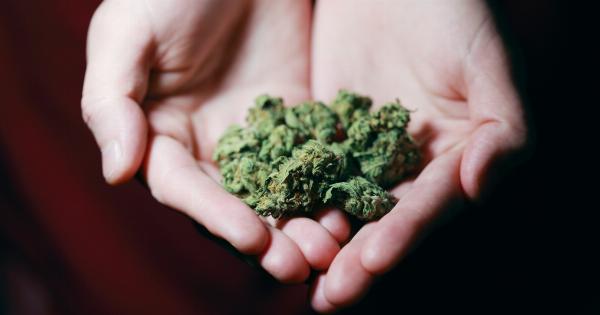Honey is a common household staple. It’s great for using in different recipes, delicious to have with tea, and has several natural health benefits. However, honey also has some surprising similarities to controlled substances like drug and alcohol.
Read on to learn more about these similarities.
Honey has psychoactive properties
Psychoactive substances are known to change the way our brains work, causing alterations in our mood, thinking, and perception. While honey may not have that big of an effect, it does contain psychoactive properties.
Honey contains high amounts of fructose, which releases dopamine in the brain. Dopamine is a neurotransmitter related to pleasure, reward, and motivation.
Honey also contains kaempferol and quercetin, two compounds that showed the ability to affect the mood and behavior of mice in a study published in the journal Neuropharmacology.
Honey can lead to addiction
We typically associate addiction with drugs and alcohol, but what about honey? Honey contains high levels of sugar, and consuming too much can lead to sugar addiction.
Studies have shown that sugary foods can have addictive-like effects on both humans and animals, causing them to crave more and consume more despite the negative health consequences. While honey in moderation is perfectly fine, consuming too much can lead to a cycle of craving and high consumption, known as addiction.
Honey has withdrawal symptoms
Withdrawal symptoms are commonly associated with addiction. When an addicted person tries to quit or reduce their consumption, they may experience withdrawal symptoms such as headaches, irritability, and anxiety.
Honey can also lead to withdrawal symptoms. A study published in the journal Physiology & Behavior showed that when rats were given a sugar solution to drink and then had it taken away, they displayed symptoms of withdrawal, such as teeth chattering and head shaking.
Honey can lead to impaired driving
Driving under the influence of alcohol or drugs is illegal and dangerous. However, driving under the influence of honey may seem far-fetched, but it’s not impossible.
Honey contains high levels of sugar, which can lead to a sudden burst of energy and then a crash, similar to the effects of alcohol or drugs. This sudden energy burst followed by a crash can lead to impaired driving and decreased reaction times.
Honey can affect the developing brain
Drugs and alcohol are known to have harmful effects on the developing brain, particularly in adolescents. Honey can also affect the developing brain. The high levels of sugar in honey can cause hyperactivity and disrupt learning and memory processes.
A study published in the journal Neuroscience found that rats given a sugar solution during adolescence had impaired learning and memory abilities compared to rats who were not given the sugar solution.
Honey can be abused
Drug abuse refers to the misuse of drugs, taking them in higher doses, or for longer than prescribed. Honey can also be abused in a similar way.
Consuming too much honey, or using it as a substitute for other foods, can lead to overconsumption and negative health consequences. Overconsumption of honey can lead to obesity, diabetes, and other health problems.
Honey can be addictive to bees
Bees are known to have a preference for nectar that is high in sugar content. When nectar is in short supply, bees will seek out highly concentrated sources of sugar, such as honey. This preference for high sugar content makes honey addictive to bees.
When honey is harvested from beehives, it can lead to a shortage of food for bees, disrupting their natural cycles and leading to negative consequences for both the bees and the ecosystem.
Honey and controlled substances: the difference
While honey shares some similarities with controlled substances, there are also significant differences. Controlled substances have a higher potential for abuse and addiction than honey.
They also have more severe negative health consequences, both short-term and long-term. While overconsumption of honey can lead to obesity and diabetes, controlled substances can cause addiction, overdose, and death.
The Bottom Line
Honey is a delicious and healthy food that can be used in many different ways. However, it’s essential to consume it in moderation and be aware of its psychoactive properties and potential for addiction.
While honey shares some similarities with controlled substances, it’s crucial to recognize the differences and avoid overconsumption. Honey is an excellent addition to any diet when consumed in moderation.



























